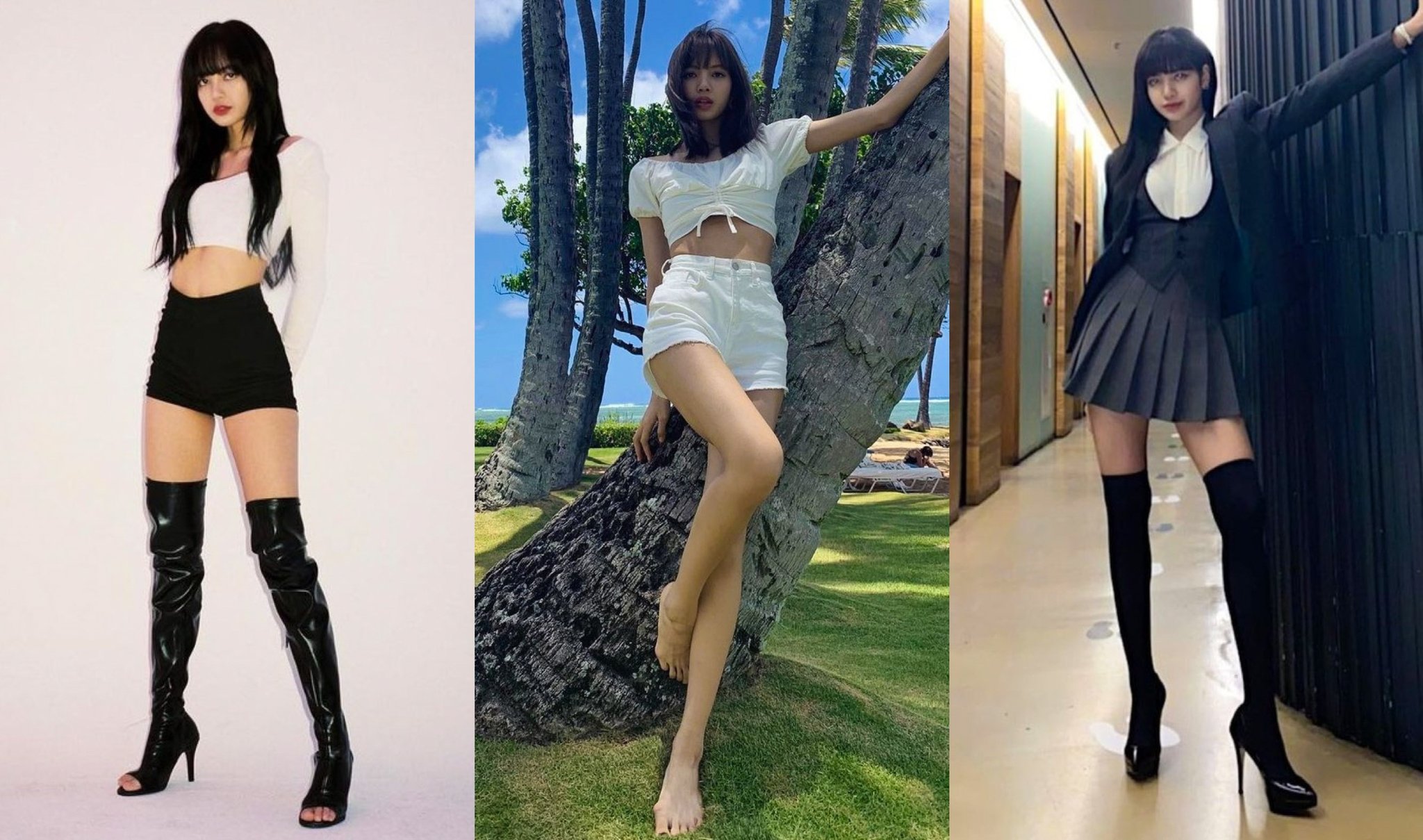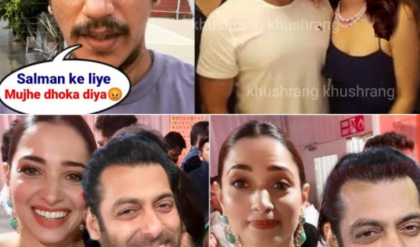Introduction to K-pop Beauty Standards

If you’re into K-pop, you’re probably aware of the stringent beauty standards in the industry and how they can be quite toxic. Idols work tirelessly to meet these expectations, presenting themselves with slim figures, dazzling smiles, voluminous hair, and porcelain skin. They seem flawless to us, with lighter and cleaner armpits than we could imagine, and this perfection often leads us to compare ourselves to them, raising our own appearance expectations. However, it’s crucial to consider the methods idols use to achieve this otherworldly beauty. Today, we’ll uncover some lesser-known beauty secrets of K-pop idols, beyond plastic surgery and strict diets.
The Hair Secrets of K-pop Idols
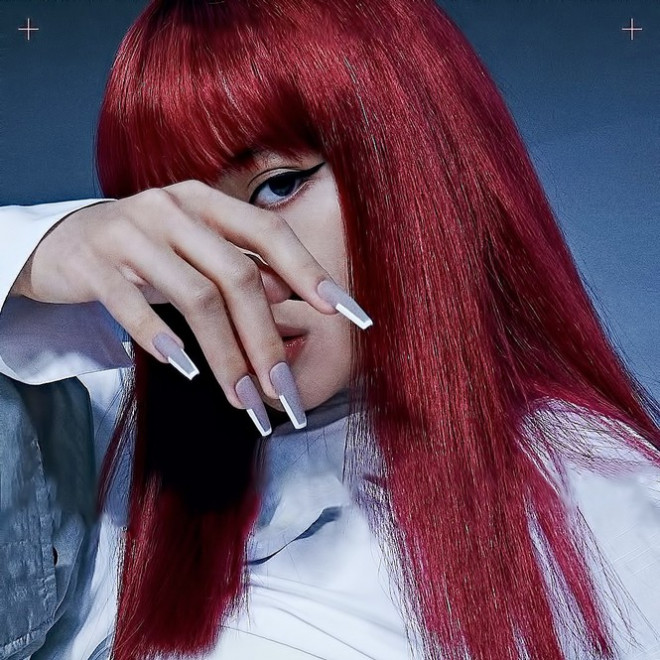
K-pop idols frequently change their hairstyles from one comeback to another, which involves not only altering the length but also radically dyeing their hair in various shades. Constant bleaching, hair extensions, and daily styling with numerous products can damage their hair, leading to breakage. Unfortunately, idols have limited control over these processes as their companies dictate their appearances. Stylists are responsible for their new looks, and the stress and inadequate nutrition idols face don’t help maintain hair thickness. On-screen, their hair must always appear full and shiny, which is achieved through hairspray and hair extensions. Natural long hair is rare among idols; instead, extensions or wigs are used, sometimes resulting in amusing moments when they fall off.
The constant styling takes a toll, especially bleaching, which strips hair of natural oils and causes significant damage. Idols undergo intensive hair treatments, such as deep conditioning, protein treatments, and regular trims, to counteract this damage. Despite these efforts, many idols experience hair breakage and thinning, masked by hairpieces and extensions to create the illusion of perfect hair.
The Reality of Hair Damage and Treatments
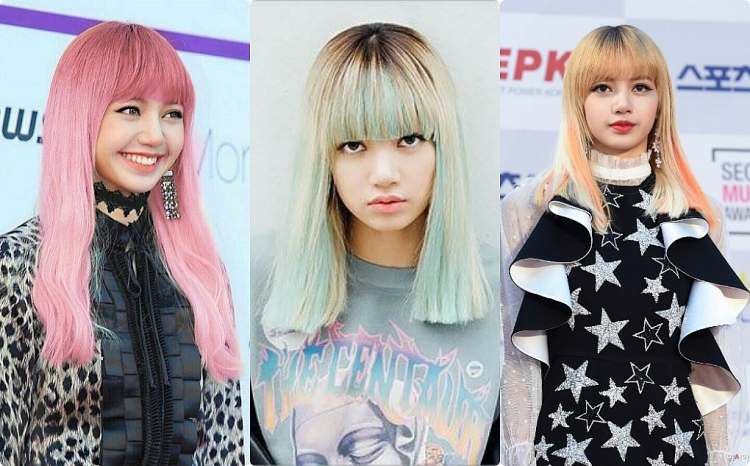
Constant hair styling, particularly bleaching, significantly damages hair by stripping it of natural oils. Idols frequently undergo deep conditioning and protein treatments, along with regular trims, to maintain the appearance of healthy hair. However, even with these treatments, many idols still suffer from hair breakage and thinning. The use of hairpieces and extensions helps maintain the illusion of perfect hair.
Laser Hair Removal for Flawless Skin
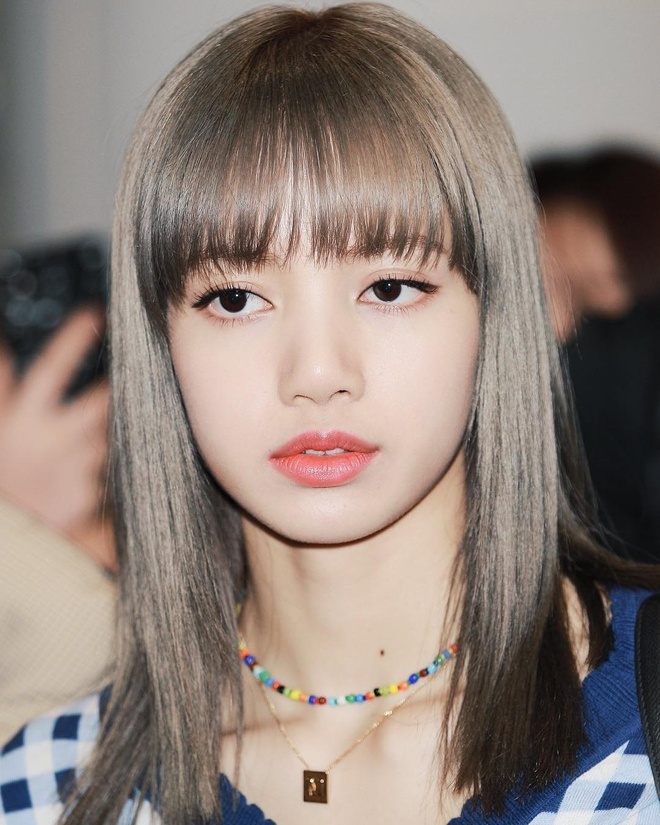
Idols often undergo laser treatments to remove body or facial hair, ensuring their skin looks flawless. Male idols with dense facial hair also use laser treatments, as revealed by Corbin, a former leader of the group 24K, who mentioned that his beard never grew back after laser removal. Idols are expected to have perfect skin and avoid sweat stains, even during intense choreography. This perfection is achieved using products containing aluminum chloride to combat excessive sweating, special pads that adhere to clothing to absorb sweat, and Botox injections to block sweat glands, significantly reducing sweating for several months.
Achieving the Ideal Hourglass Figure
Maintaining or simulating the hourglass figure at a very low weight is another challenge idols face. Female idols’ weight is often restricted to specific numbers, such as 47 or 50 kg, regardless of height. Achieving a slender figure while maintaining feminine curves is unrealistic, leading to the use of hip pads to create volume in the hip area. Push-up pads are also used, though less frequently. To reduce fat in stubborn areas, idols undergo carboxy therapy, which involves injecting carbon dioxide gas under the skin to break down fat cells, often leaving small bruises on their light skin.
The Dark Side of Skin Whitening
Fair skin is another key beauty attribute in Korea, originating from historical class distinctions. This preference for lighter skin persists, leading to the widespread use of skin whitening cosmetics and oral supplements. The most radical approach is through glutathione injections, which are not FDA-approved and pose significant health risks, including allergic reactions, kidney damage, and interference with natural skin pigmentation processes. Despite these risks, glutathione injections, also known as IU injections, Snow White injections, or Cinderella injections, remain popular in Asia.
Psychological Impact on Idols

The pressure to maintain an impeccable image takes a toll on idols’ mental health, leading to severe stress, anxiety, and even depression. They face harsh public criticism and immense pressure from their agencies to look a certain way, often resulting in burnout and, in some tragic cases, self-harm. Idols follow extensive skincare routines, involving multiple steps and a range of products to maintain a flawless complexion. This includes regular facials, peels, and treatments like microneedling and laser therapy. While beneficial, these procedures can be harsh on the skin if done excessively. The emphasis on fair skin also leads to the use of harmful skin lightening products, containing ingredients like hydroquinone and mercury, causing skin irritation and other health issues.
Appreciating Idols Beyond Beauty Standards

Admiring the beauty of celebrities is normal, but it’s essential to recognize the unrealistic standards they strive to meet. The entertainment industry creates an idealized image, leading us to perceive our own appearance incorrectly, which can be toxic and dangerous. Let’s appreciate idols more for their talents, music, and hard work, rather than conforming to imposed beauty standards.
